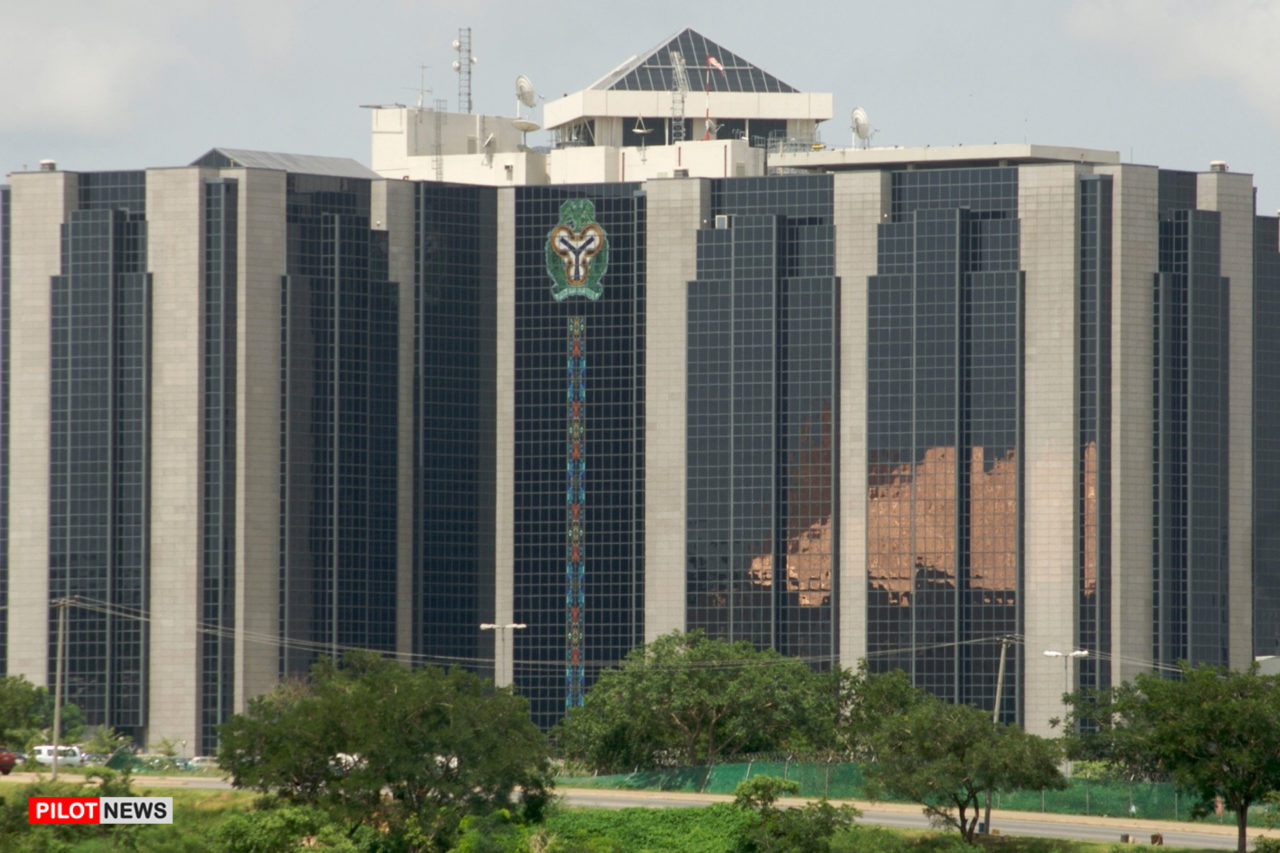The Central Bank of Nigeria, CBN, has announced a new regulation prohibiting banks from accepting foreign currency as collateral for loans denominated in naira.
The move, outlined in a circular issued on 8 April 2024, aims to strengthen the country’s financial system and promote stability in the naira.
According to the CBN’s Acting Director of the Banking Supervision Department, Adetona Adedeji, the bank observed a “prevailing situation” where borrowers were using foreign currency, most likely US dollars, to secure naira loans. This practice, the CBN suggests, could pose risks to the financial system.
However, the ban is not absolute. The circular allows two exceptions:
1) Eurobonds issued by the Nigerian government: These sovereign debt instruments are denominated in foreign currency but backed by the Nigerian government, mitigating some of the risks associated with foreign exchange fluctuations.
2) Guarantees from foreign banks, including Standby Letters of Credit: These financial instruments provide a layer of security for the lender in case the borrower defaults on the loan.
The CBN has given banks a 90-day window to wind down existing loans that do not comply with the new regulation. Failure to do so will result in stricter capital adequacy requirements for those banks.
“All loans currently secured with dollar-denominated collaterals other than as mentioned above should be wound down within 90 days, failing which such exposures shall be risk-weighted 150 per cent for Capital Adequacy Ratio computation, in addition to other regulatory sanctions,” Adedeji noted.
The CBN’s move is part of a larger strategy to manage Nigeria’s foreign exchange reserves and bolster confidence in the naira.
The Nigerian currency has faced depreciation pressures in recent months, and the CBN has taken steps to limit dollar access in the past. However, the CBN is unrelenting in the fight to promote a more stable and sustainable financial environment in Nigeria.
Latest posts by By Ezinwanne Onwuka (Senior Reporter) (see all)
- Air Force Strikes Notorious Bandit Camp in Sokoto, Eliminate 3 Commanders - April 29, 2024
- Assistant Controller of NCS Kidnapped by Bandits in Niger State - April 29, 2024
- Nigerians Left in Limbo as Fuel Shortage Paralyses Transportation - April 29, 2024
previous
Nigerian Government Declares Tuesday, and Wednesday As Public Holidays
next


